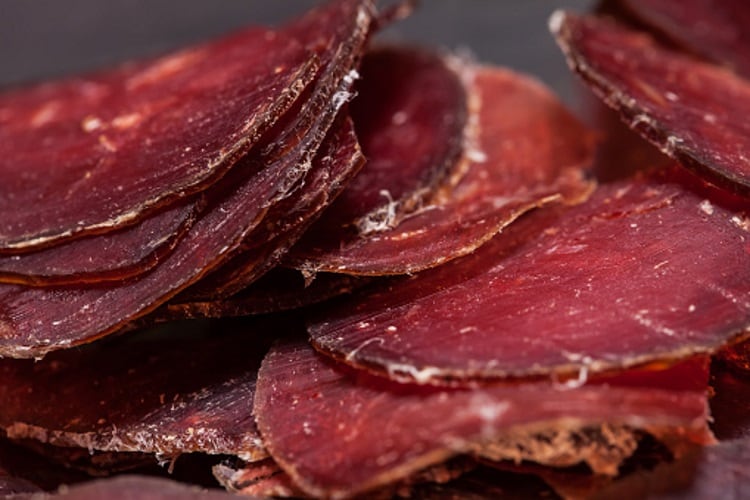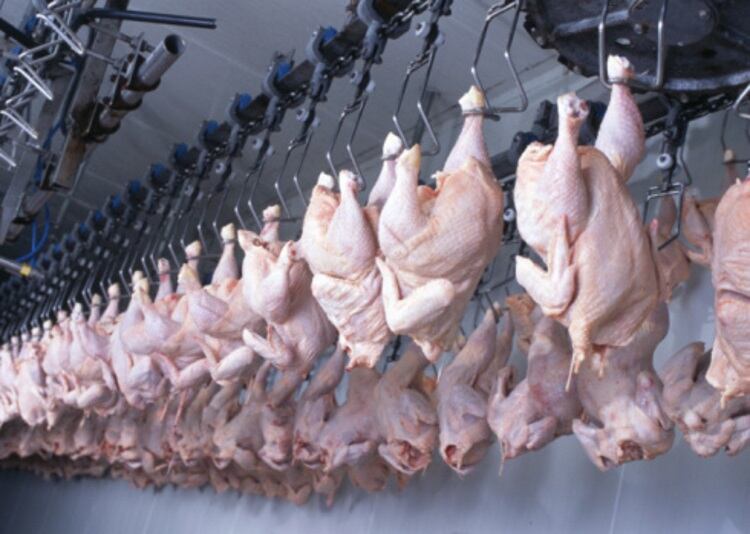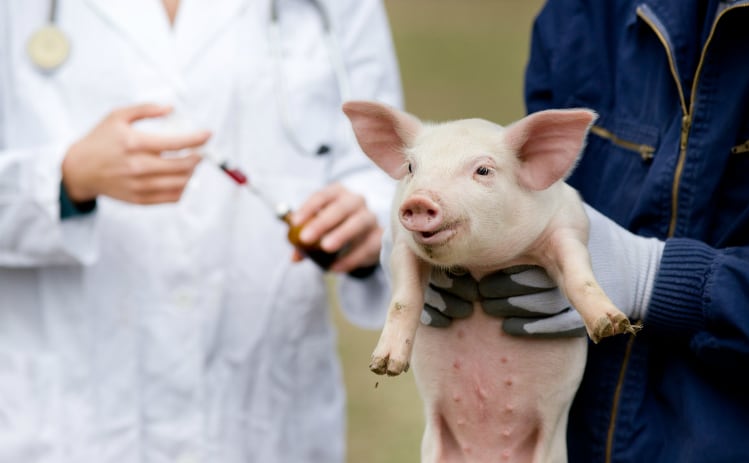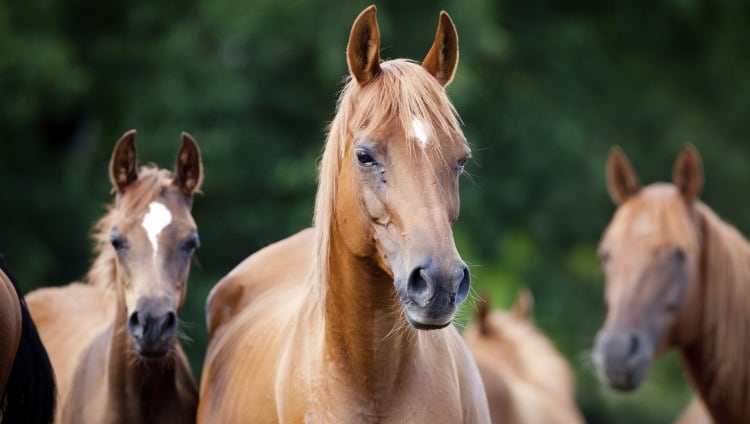The strategic goal of the new program, the final version of which is scheduled to be approved by July 2019, is to create all the conditions necessary for the horse industry development, the Ministry of Agriculture said in a statement, published in early May. The population of meat breeds in the country is set to increase from 444,000 in 2018 at least to 500,000 in 2025, the Ministry said.
The production of exotic meat - the segment that in Russia commonly includes venison, rabbit meat and horse meat - has reduced by 4.3% in 2018, as compared to the previous year, Russian analytical agency AB-Center estimated, not providing further details. The population of horse meat breeds in industrial farms in Russia shrank by 5.1% to 144,000 head last year, according to estimates from the Russian State Statistical Service.
There is a strong regional imbalance in horse meat production in Russia, claimed inudstry expert Marat Aminov. Horse meat is not consumed by the Slavic population of the country, but is popular among some indigenous nations and, for this reason, the horse meat industry in Russia is concentrated in a few national republics, including the Republic of Sakha, Bashkortostan Republic and Altai Republic.
With 9% of all horses in Russia, Bashkortostan manufactures around 12,000 tonnes of meat per year, Aminov said. The potential for the horse meat industry in Russia is huge, due to the enormous size of pastures and because horse meat is very nutritional, Aminov stressed.
The Ministry of Agriculture stipulated that, under the new program, farmers could get some state aid, possibly in the form of a reimbursement on the capital costs and subsidies to purchase breeding stock, although so far no information as to how much money the authorities planned to allocate was given. The Ministry had not provided any information to GlobalMeatNews by press time.
With the exception of a few farms, horse meat production in Russia is loss-making - a source in the industry who wished to not be named told GlobalMeatNews. Even in the republics where horse meat has always been a traditional dish for local citizens, the demand for this type of meat has been in decline since 2014, due to the weak purchasing power of population, the source said.
Up to 91% of Russian citizens are sparing money on food, including avoiding more expensive types of meat in favour of cheaper alternatives, according to an opinion poll conducted by local information agency Rabota in November 2018.
It is yet to be seen what the Government would be able to offer horse meat farmers. The financial support is great, but what the industry really required was access to the end-consumers, the source continued. The big retail chains were not ready to start selling horse meat, even in the regions where it is in demand, and it was unlikely the Ministry of Agriculture would be able to do anything about that, he added.




